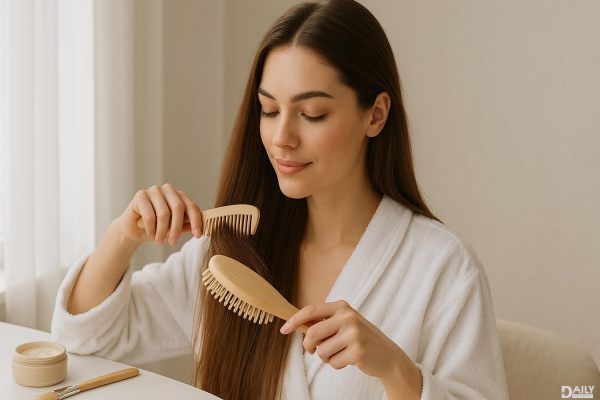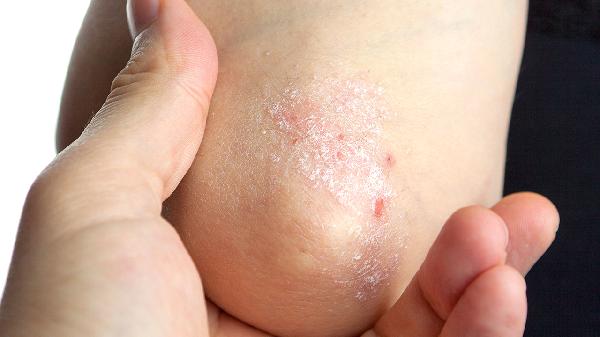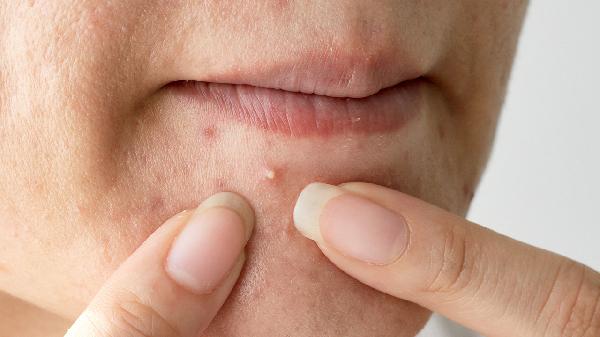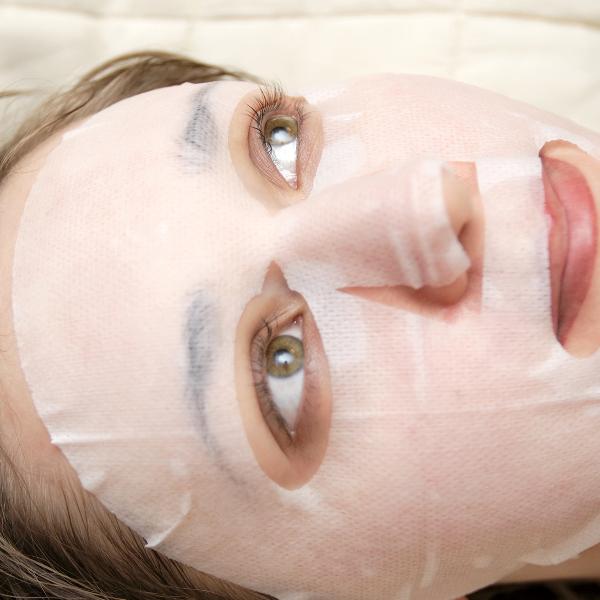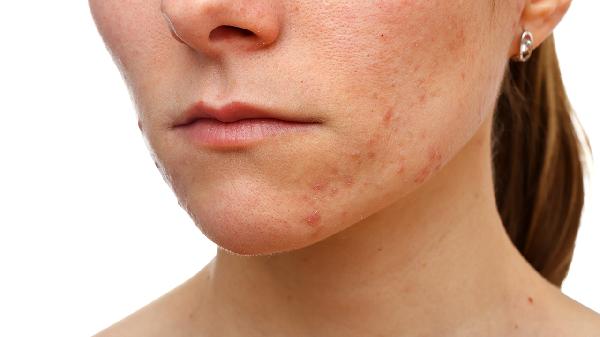When it comes to anti-aging skincare, retinol has long been the gold standard. But now, there’s a new contender in the ring: bakuchiol. This plant-based ingredient is making waves in the beauty world, promising similar benefits without the drawbacks. So, which one reigns supreme? Let’s dive into the details to find out.
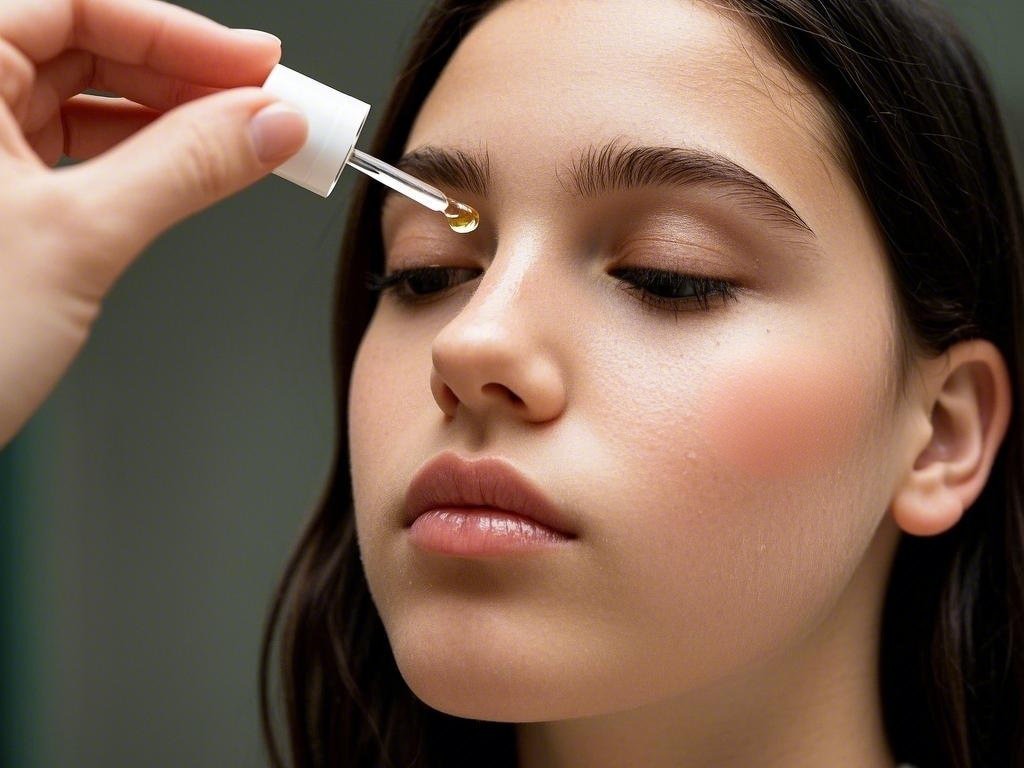
What Is Bakuchiol?
Bakuchiol (pronounced bah-koo-chee-all) is a natural compound derived from the seeds and leaves of the babchi plant, native to India. Often referred to as a “vegan retinol,” bakuchiol offers many of the same anti-aging benefits as retinol but with a gentler approach. It’s a game-changer for those seeking a plant-based alternative to traditional retinol products.
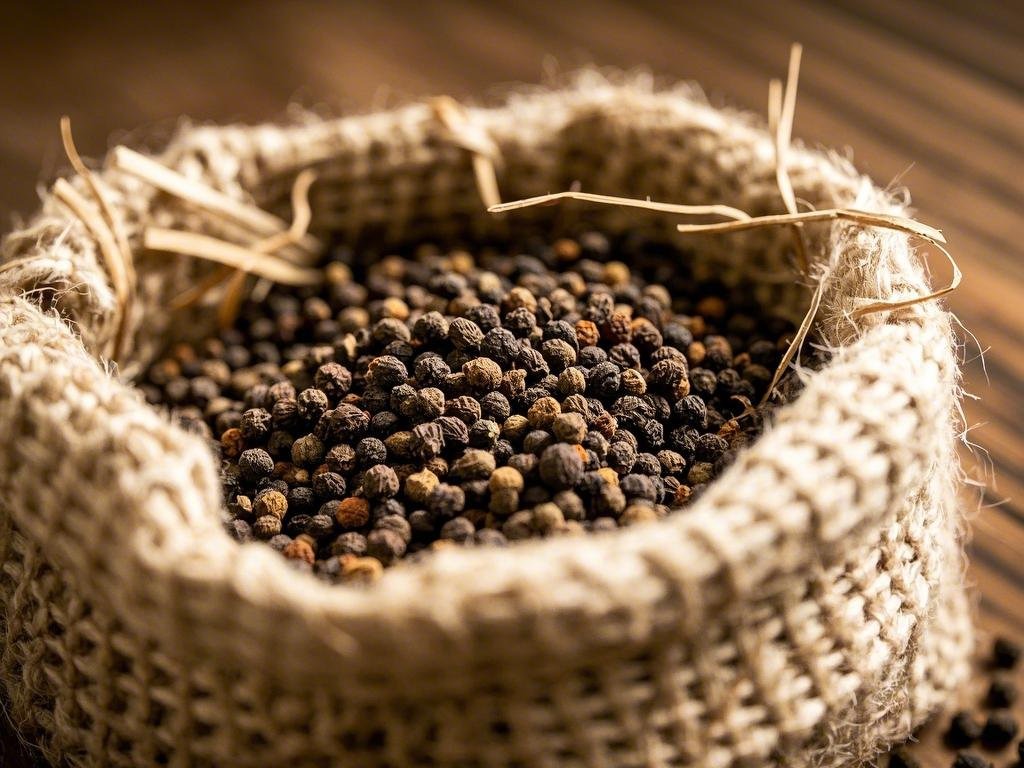
How Does Bakuchiol Work?
Bakuchiol works by stimulating collagen production, a key factor in maintaining youthful, smooth skin. It also promotes skin cell repair, helping to reduce the appearance of fine lines, wrinkles, and uneven skin tone. Unlike retinol, bakuchiol doesn’t increase sun sensitivity, making it safe for daytime use. Some studies even suggest it offers mild sun protection, a bonus for your skincare routine.
The Benefits of Bakuchiol
Gentle on Skin: Bakuchiol is less likely to cause dryness or irritation, making it ideal for sensitive skin types.
Day and Night Use: Unlike retinol, which is typically reserved for nighttime, bakuchiol can be used anytime.
Vegan-Friendly: As a plant-based ingredient, bakuchiol is a cruelty-free alternative to retinol.
Anti-Aging Powerhouse: It boosts collagen, smooths wrinkles, and evens skin tone for a rejuvenated look.
What Is Retinol?
Retinol, a derivative of vitamin A, has been a skincare staple for decades. It’s renowned for its ability to accelerate cell turnover, boost collagen production, and reduce signs of aging. However, retinol can be harsh on the skin, especially for those with sensitivity or dryness.
How Does Retinol Work?
Retinol penetrates deep into the skin to stimulate collagen and elastin production. It also speeds up cell turnover, shedding dead skin cells and revealing fresher, younger-looking skin. However, retinol can make skin more sensitive to sunlight, so it’s typically recommended for nighttime use only.
The Benefits of Retinol
Proven Results: Retinol has decades of research backing its effectiveness in reducing wrinkles and fine lines.
Deep Penetration: It works at a cellular level to promote long-term skin renewal.
Versatile: Retinol can address a range of concerns, from acne to hyperpigmentation.
Bakuchiol vs. Retinol: The Verdict
So, which one should you choose? It depends on your skin type and lifestyle. If you’re looking for a gentler, vegan-friendly option that can be used day and night, bakuchiol is your go-to. However, if you’re after proven, fast-acting results and don’t mind the potential for irritation, retinol might be the better choice.
How to Incorporate Bakuchiol and Retinol Into Your Routine
Start Slow: Introduce either ingredient gradually to avoid irritation.
Layer Wisely: Pair bakuchiol or retinol with hydrating products like hyaluronic acid or a nourishing moisturizer.
Sun Protection: Always wear sunscreen, especially when using retinol.
The Future of Anti-Aging Skincare
As the beauty industry continues to evolve, ingredients like bakuchiol are paving the way for innovative, plant-based solutions. Whether you’re team bakuchiol or team retinol, one thing’s for sure: the future of skincare is brighter than ever.
The battle between bakuchiol and retinol isn’t about declaring a winner—it’s about finding the right fit for your skin. Both ingredients offer impressive anti-aging benefits, so why not give them both a try? After all, healthy, glowing skin is the ultimate prize.

